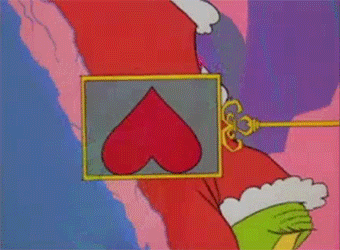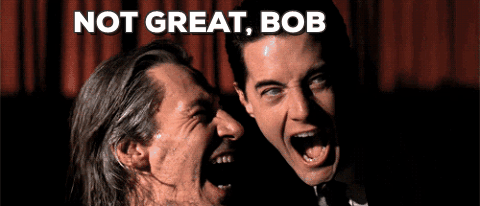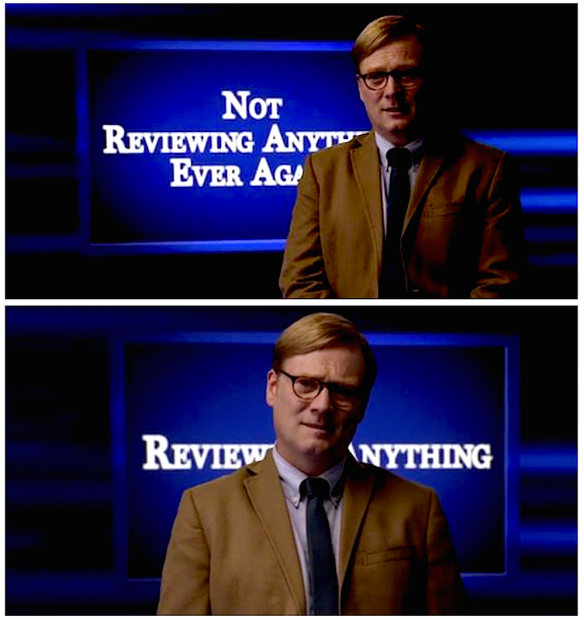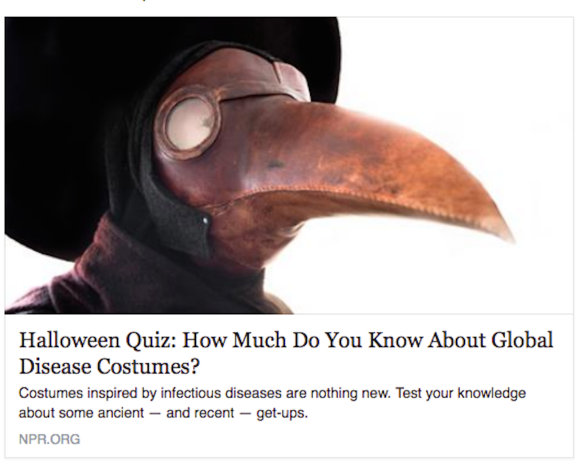Let me tell you about my favorite holiday tradition: Day! Of! Nothing!

Day! Of! Nothing! started when my local niece was 6-ish. Her parents owned a bakery, so Thanksgiving through New Year’s Eve was wild for them. I would take Niece for a day. #DayOfNothing let me spend time w/my nearest niece, gave her a chance to enjoy all the holiday lights and music and bustle of our festive city, and gave her parents the relief of knowing Niece got some extra, unstructured pre-holiday fun even if they were busy.
On Day! Of! Nothing!, we did…
wait for it
… nothing! We’d wander shops and galleries, we’d maaaaaaaybe buy a Christmas gift (or supplies to make one) for her parents, but mostly we just enjoyed the seasonal decorations and the time together.
That then-6-yr-old is now in her 20s, and over the years, a handful of Day! Of! Nothing! traditions have formed:
1. We ALWAYS get peppermint hot chocolate.
2. We ALWAYS have lunch wherever she wants.
3. We ALWAYS end the day back at my house for grilled cheese and tomato soup.
The year our regular coffeehouse stopped serving peppermint hot chocolate, then-teenaged Niece was scandalized… until I pulled several candy canes from my bag, smashed ’em up, and we stirred them into our cups. AUNT COMES PREPARED.
I love Day! Of! Nothing! more than any other holiday tradition. It’s a peaceful day in a hectic time. And it’s one day a year when I get to spend time with my oldest niece, who is amazing.
I’ve mostly used past tense here. But last night, I thought “I wonder if Grown-up Niece has time for Day! Of! Nothing! this year?” And this morning, I woke up to this message: 
So, if you wish you had a tradition, my advice is simple: Start one. It doesn’t have to be structured or freighted with meaning. The meaning develops within the tradition, even if in its first stages, the tradition is literally NOTHING.















